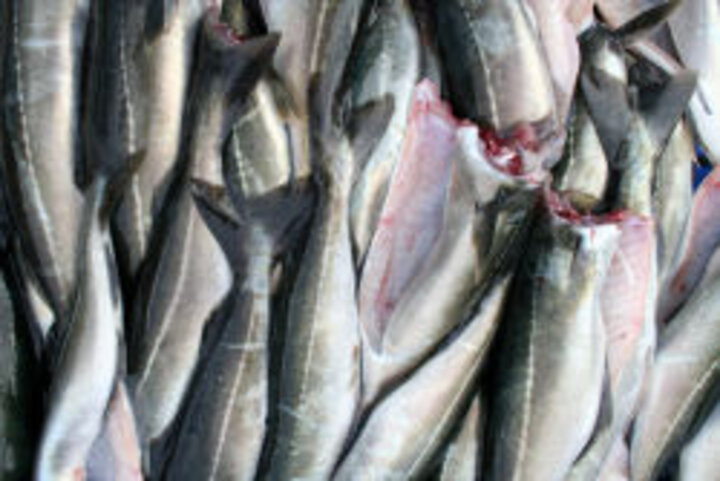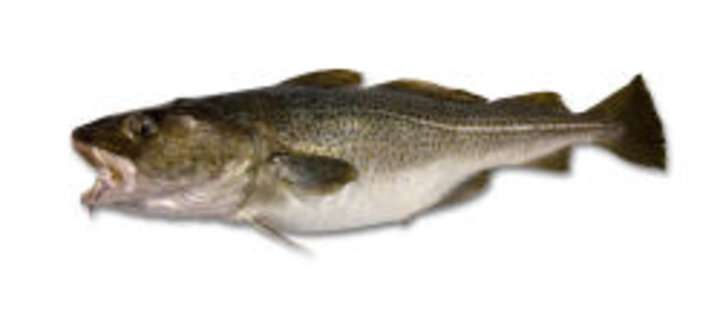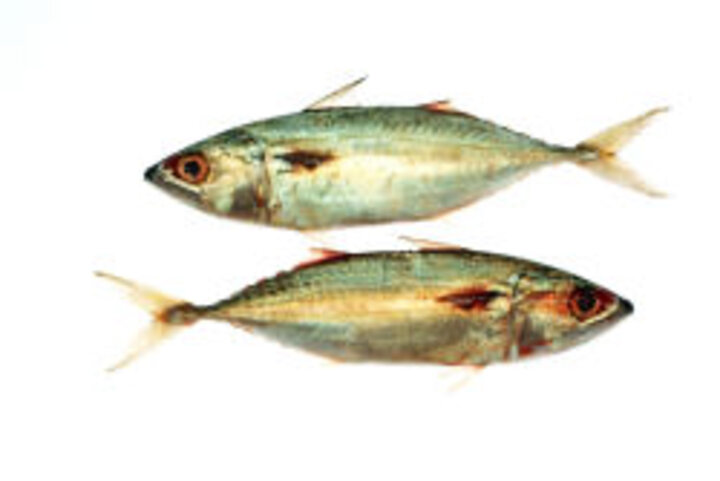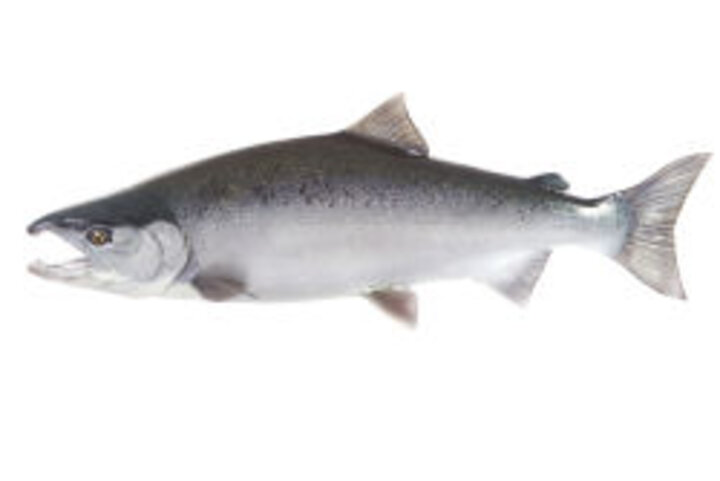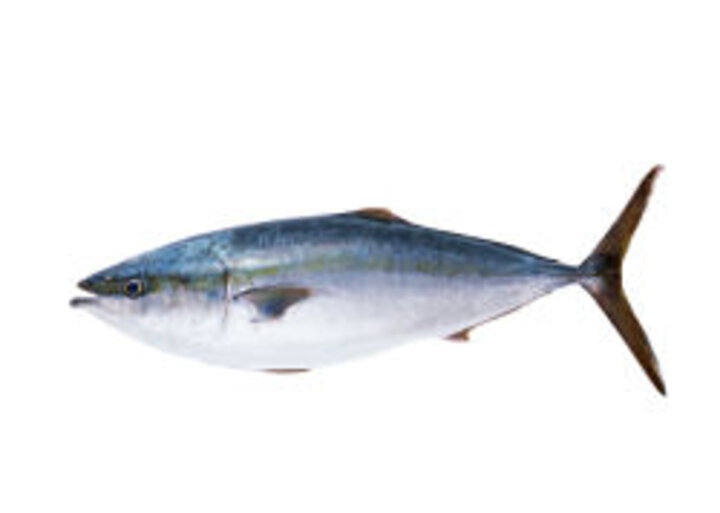While fish allergy has been reported all over the world it tends to be more common in regions of high fish consumption. Commonly observed symptoms of allergic reactions to fish are skin and gastrointestinal reactions occurring shortly after ingestion. Occasionally severe systemic reactions including anaphylactic shock are also observed.
Despite the great range of different fish species, most allergic reactions are caused by the fish muscle protein parvalbumin. Individuals with allergic reactions to one fish species, tend to be sensitive to others as well. The fish parasite Anisakis simplex may trigger allergic reactions after consumption of infested fish, even if it is thoroughly cooked30. Occasionally, adverse reactions to fish are observed due to histamine poisoning (scombroid) in decayed fish and may be mistaken for an allergic reaction due to similar symptoms31.
The major fish allergen parvalbumin retains its allergenicity even after heating and as a consequence avoidance of fish containing foods is essential for sensitive individuals. Fish is often present in processed foods such as pizza toppings, garnishes, sauces and soups. Other minor allergens have been identified in fish.
